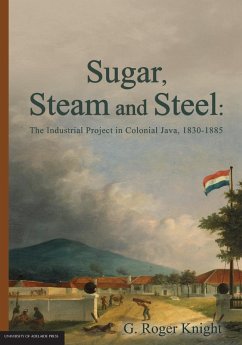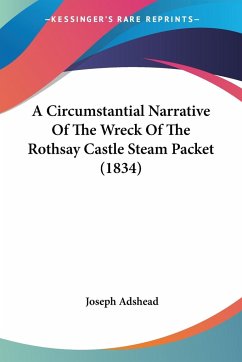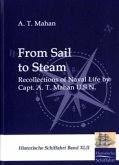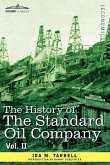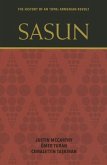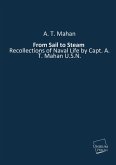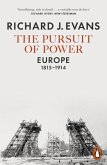Sugar, Steam and Steel is about cane sugar and the transformation of an Indonesian island into the 'Oriental Cuba' during the middle decades of the nineteenth century. Between the 1830s and the 1880s, sweetener manufacture in Dutch-controlled Java drew decisively away in matters of technology and sugar science from other Asian centres of production which had once equalled or, more often, surpassed it in terms of both output and know-how. With Cuba, Java's industry came to occupy a position at the apex of the trade of this key global commodity. Along with the beet sugar producers of (post-1870) Imperial Germany, Cuba and Java accounted for a little over one-third of the world's recorded output of the industrially manufactured kind of sugar usually referred to as 'centrifugal'. While Cuba held the position of the world's largest supplier of cane sugar to international commodity markets, 'Dutch' Java emerged from almost nowhere to take second place. Java ended the century as not only by far the largest of Asia's producer-exporters of sugar but also the sole example of sustained, successful large-scale industrialisation of sugar manufacture anywhere in 'the East'. Sugar, Steam and Steel sets out to explain how and why this happened - and what its implications were for the long-term trajectory of the Java sugar industry in the international sugar economy.
Hinweis: Dieser Artikel kann nur an eine deutsche Lieferadresse ausgeliefert werden.
Hinweis: Dieser Artikel kann nur an eine deutsche Lieferadresse ausgeliefert werden.

